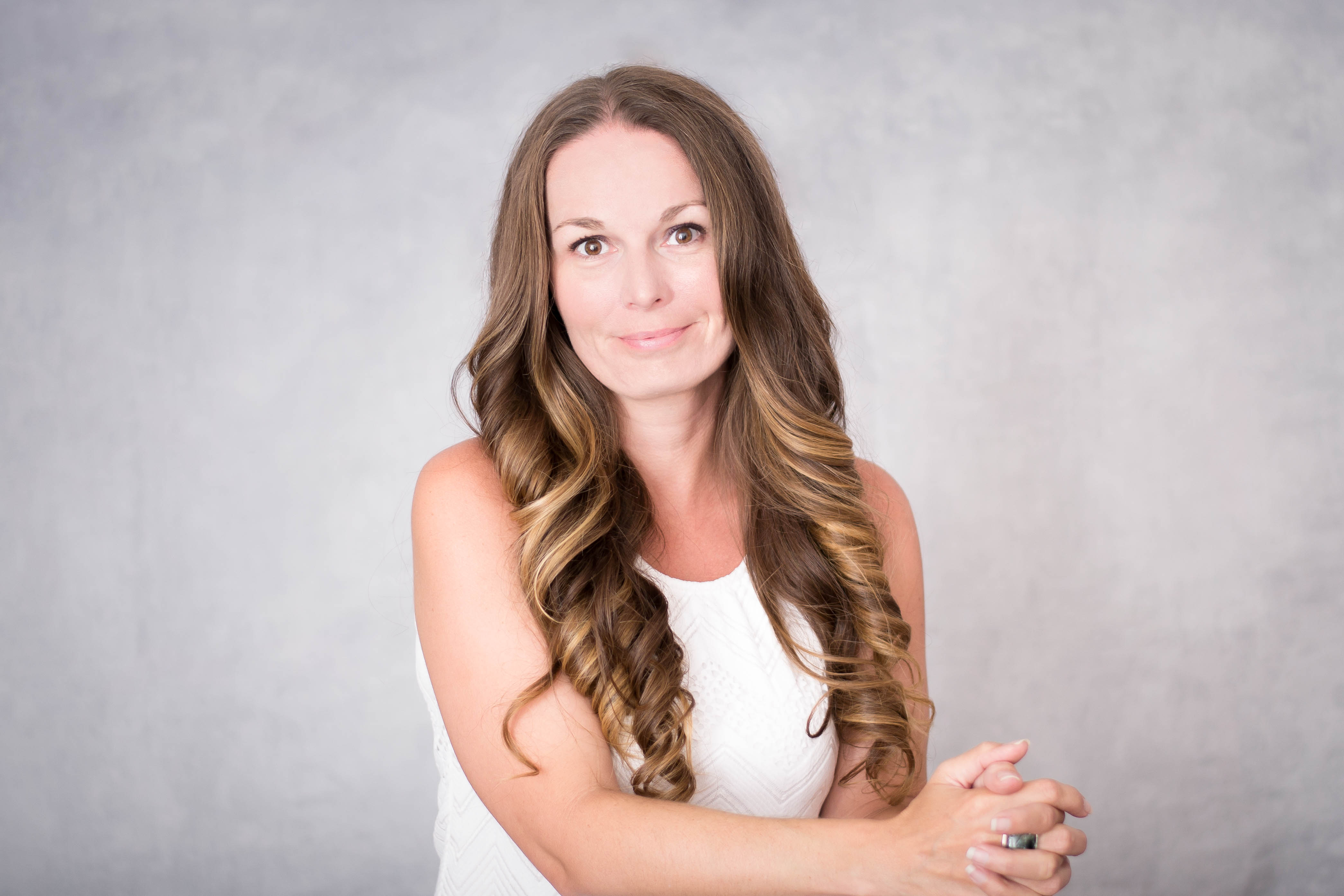I want to start off by sharing with you a bit of my personal story and journey of dealing with extreme anxiety. For years I faced this debilitating condition that left me paralized and living in fear almost every day. At my worst I was unable to leave my house. If you’ve ever experienced a panic or anxiety attack I’m sure you can relate to this. Imagine being out running errands with your family when out of no where your heart starts to race, you feel dizzy, faint, maybe there’s a tingling sensation that takes over your body and you freeze not able to move.
For the most part I couldn’t predict when I would have an attack set in, they seemed to happen even when everything seemed to be going pretty good in my day. This was part of my life for close to 8 years, to some degree or another.
I think it’s pretty safe to say that most of us have suffered from stress or anxiety in our lives from time to time. What’s not normal is to suffer from it on a daily basis for prolonged periods of time.
We can feel stress or anxiety around a major life event or even when we face daily issues at work, home, or school. If you have to make an important decision, complete a project by a deadline, take an exam or any other similar events it’s fairly common to feel stress and anxiety creep in. In most cases this is only temporary and goes away when you’ve completed the task or situation.
Sometimes a little stress or feelings of being anxious can be useful to push us into taking action towards achieving some of the tasks we are working on. It can be used as an awareness that we need to take action and get things done.
For those of us who suffer from anxiety though it’s a very different story. What happens when we allow those feelings to take over and overwhelm us is that we become stuck, freeze in fear and are no longer able to keep up on our tasks or even the ability to fully live our lives. Even the smallest of tasks can seem too big for us to handle which creates a flood of emotions and feelings that we are unable to manage. Instead of the anxiety or stress going away it stays and continues to increase over time.
We then start to create new beliefs in our lives around our ability to manage stress and anxiety that continues to keep us in a consistent state of anxiety.
I get asked all the time how I overcame my extreme anxiety. Honestly it took a lot of work. It took practice but soon I was able to start to differentiate between what had already happened in the past and what I was actually facing in my present. Checking in and staying present became a key factor in learning how to manage my anxiety. I know that can seem very overwhelming right now if your struggling to manage you anxiety. Remember everything takes time and you will be able to build up to that point.
A huge breakthrough came for me when I realized that we cannot hold 2 thoughts in our mind at the same time. You can jump between thoughts very quickly but you can’t hold of 2 different thoughts at the same time.
This helped me to understand that I didn’t have to know what was causing my anxiety at the time. I could practice one of the tools that I had learnt to distract my mind long enough to head off or stop my anxiety attack.
Here are just a few strategies that I practiced to start trading my anxiety for more serenity in my life. It started out slow, I began to gain moments of being free from anxiety then it processed to a few hours and then I noticed that I was going a whole day without feeling anxious.
Strategy #1: Counting
When I was at my worst I couldn’t even compose myself long enough to remember many of the great tools that I knew, so what I started to do was just count in my head. That’s all I could manage to do to break my racing thought cycle, but it was enough to distract my mind. I just kept counting as long as it took to release some of the anxiety. If I got lost it didn’t matter, I would just start all over again. It worked great for me. Sometimes the simplest things really are the best places to start.
Strategy #2: Breathing
There are many studies out there that share the great benefits of breath work. Many yoga practices and meditations incorporate breathing exercises. Start by taking 3 slow deep breaths where your exhale is longer than your inhale. If you need to take as many breaths as you need to until you feel your anxiety subsiding. When you’re ready take it one step further and affirm in your mind that on the exhale that you’re releasing all the negative and on the inhale that you’re brining in the positive.
Strategy #3: Walking
Getting out in nature has amazing health benefits. I try and do this when I can feel my anxiety starting to creep up. I get outside in nature as fast as I can. I have a great little lake and walking trails that surround it, full of trees and birds, that I go too. This is a place in our town were it smells like you’re in the forest; it engages all of my senses. I do laps around the trail until I feel like I’m back to normal. I can go between 20 and 60 minutes which normally does the trick for me. I know you might be thinking I don’t have an hour to do this. REALLY?? Do you have the rest of the day to stay in your anxious state paralyzed with fear not able to do much? To me an hour releasing my anxiety to gain the rest of the day to be productive is totally worth it.
I have taken a coffee break or even on a lunch break to find a place to get back to nature and walk. Spend a bit of time scoping out your city or places close to where you work where you can escape to for a bit if you need to during the day. A little preparation ahead of time can really help when you find yourself in the middle of an anxiety attack.
h


